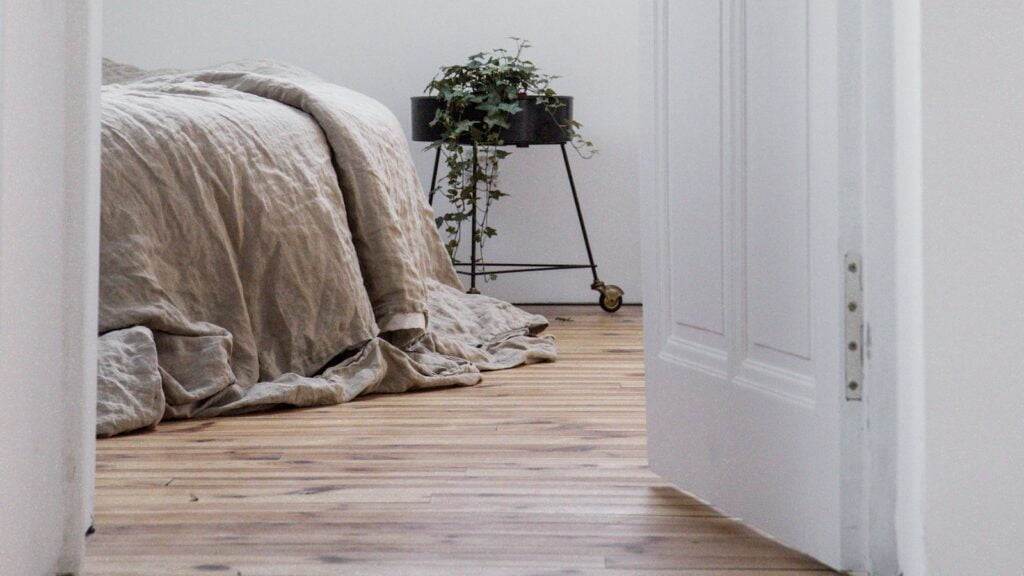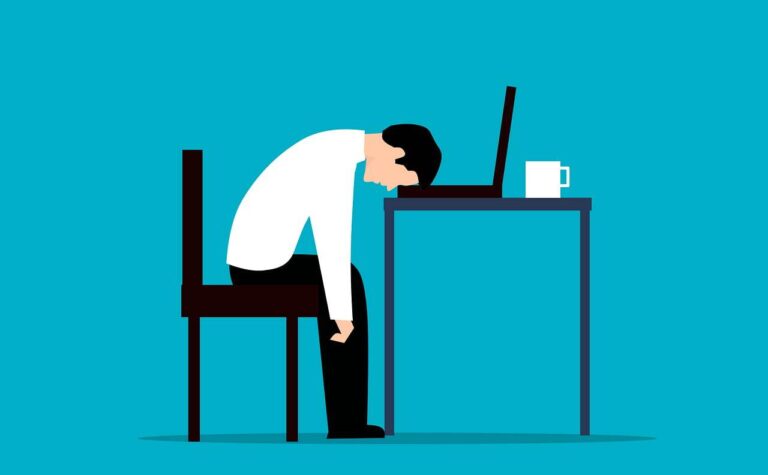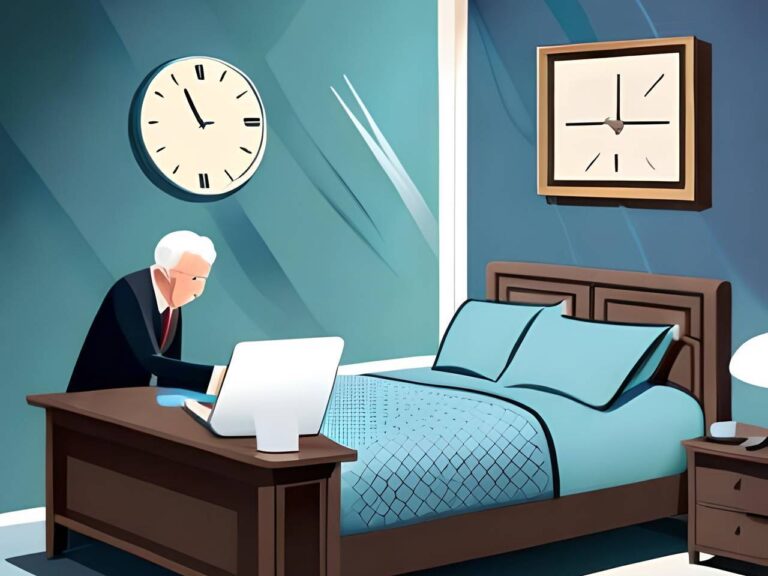Do you find it challenging to get a good night’s sleep? You’re not alone. Millions of people worldwide suffer from sleep disorders, but practicing good sleep hygiene can improve your sleep quality and help you feel more rested.
Remember to establish a bedtime ritual, set up a sleep-friendly environment, create a sleep schedule, and take sleep hygiene supplements. Additionally, seek professional help if you’re still struggling to get restful sleep.
Table of Contents
What is Sleep Hygiene?
Sleep hygiene is the practice of developing healthy habits and routines to improve the quality of your sleep. It’s not about getting more sleep, but rather about getting better rest.
By following a few simple steps, you can promote healthy sleep patterns and enjoy the benefits of restful slumber.
Benefits of Practicing Good Sleep Hygiene
Practicing good sleep hygiene has numerous benefits, including improved alertness, concentration, and mood. It can also reduce stress and improve overall health.
Good sleep hygiene can reduce the risk of developing chronic health issues, such as heart disease and diabetes, and improve your immune system.
Sleep Hygiene Statistics
Many people in the United States don’t get the recommended 7-8 hours of sleep per night. Over half of Americans are exhausted during the day, which can cause health issues.
Developing a Routine
Developing a sleep hygiene routine is crucial for getting a good night’s rest. Here are a few essential steps you can take:
- Establish a bedtime ritual
- Set up a sleep-friendly environment
- Create a sleep schedule
- Take sleep hygiene supplements
- Seek professional help if needed

Establish a Bedtime Ritual
Creating a calming and relaxing atmosphere before bedtime can help prepare your body for sleep. A bedtime ritual can include a warm bath or shower, reading a book, listening to relaxing music, or engaging in other calming activities.
Creating a bedtime ritual can help your body relax and feel less stressed, which can improve the quality of your sleep.
Set Up a Sleep-Friendly Environment
Creating a sleep-friendly environment is essential for getting quality rest. Remove distractions such as TVs, computers, and phones from your bedroom. Also, make sure your bedroom is dark, quiet, and at a comfortable temperature.
By creating an atmosphere that is conducive to relaxation and sleep, you can improve your overall sleep quality.
Create a Sleep Schedule
Creating a consistent sleep schedule means going to bed and waking up at the same time each day. It also means avoiding late-night snacks and caffeine, which can disrupt your sleep.
A regular sleep schedule can help your body get into a rhythm of falling asleep and waking up, leading to improved sleep quality.
Tips
Other tips that can help improve your sleep quality include:
- Avoiding napping during the day
- Limiting caffeine intake
- Regular exercise
- Avoiding alcohol before bed
- Avoiding large meals before bed
- Turning off screens before bed
By following these tips, you can improve your sleep quality and get the restful sleep you need.
Sleep Hygiene Supplements
In addition to the tips outlined above, there are a few supplements that can improve your sleep quality. These include melatonin, valerian root, and magnesium.
Melatonin can help you fall asleep faster and stay asleep longer. Valerian root reduces anxiety and improves sleep quality, while magnesium reduces stress and can help you fall asleep more quickly.
Courses to Learn More About It
If you want to learn more about sleep hygiene, there are online courses available. The National Sleep Foundation and the American Academy of Sleep Medicine both offer courses on sleep hygiene that cover topics such as creating a sleep-friendly environment, developing a sleep schedule, and taking supplements.

FAQ
Q. What are signs of poor sleep hygiene?
Signs of poor sleep hygiene include difficulty falling or staying asleep, daytime fatigue, and lack of energy, focus, or motivation. Poor sleep quality can also lead to mood changes and impaired cognitive function.
Q. What are some tips for establishing a bedtime ritual?
To set the stage for optimal sleep, create a sensory haven that incorporates a variety of calming and peaceful pursuits. Surrender to the sensual pleasures of a warm bath, submerge yourself in the spellbinding world of a good book, or immerse yourself in a soothing melody that transports you to a tranquil realm.
Q. Are there any sleep hygiene supplements that can help improve sleep quality?
Yes, supplements like melatonin, valerian root, and magnesium can assist in improving sleep quality.
Q. How can I create a sleep-friendly environment?

Crafting a sleep-friendly environment entails removing any potential sleep disturbances such as digital screens from your sleeping space, and ensuring your bedroom is dark, quiet, and kept at a comfortable temperature to help promote relaxation.
Q. What is a sleep schedule, and why is it important?
A sleep schedule is a regular bedtime and wake-up time that you maintain every day. This helps regulate the sleep-wake cycle, leading to better sleep quality and overall health.
Q. What else can I do to improve my sleep hygiene?
Other tips include avoiding daytime naps, limiting caffeine intake, regular exercise, steering clear of alcohol and large meals before bed, and switching off screens before sleeping. Incorporating these practices can help improve the quality of your sleep and overall well-being.
Q. What is the 10 3 2 1 0 sleep rule?

The 10-3-2-1-0 sleep rule is a guideline that suggests a series of habits to promote better sleep quality. u003cbru003eThe rule recommends avoiding caffeine for at least ten hours before bed, completing all meals and snacks three hours prior to bedtime, finishing all work or mental tasks two hours before sleep, turning off your screen in one hour before and no touch snooze button of your alarm.



